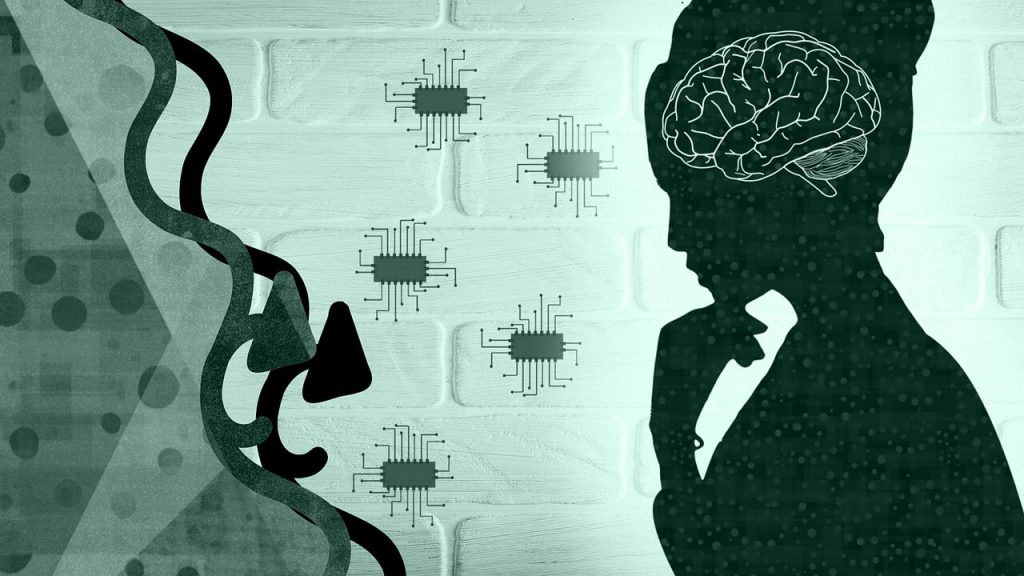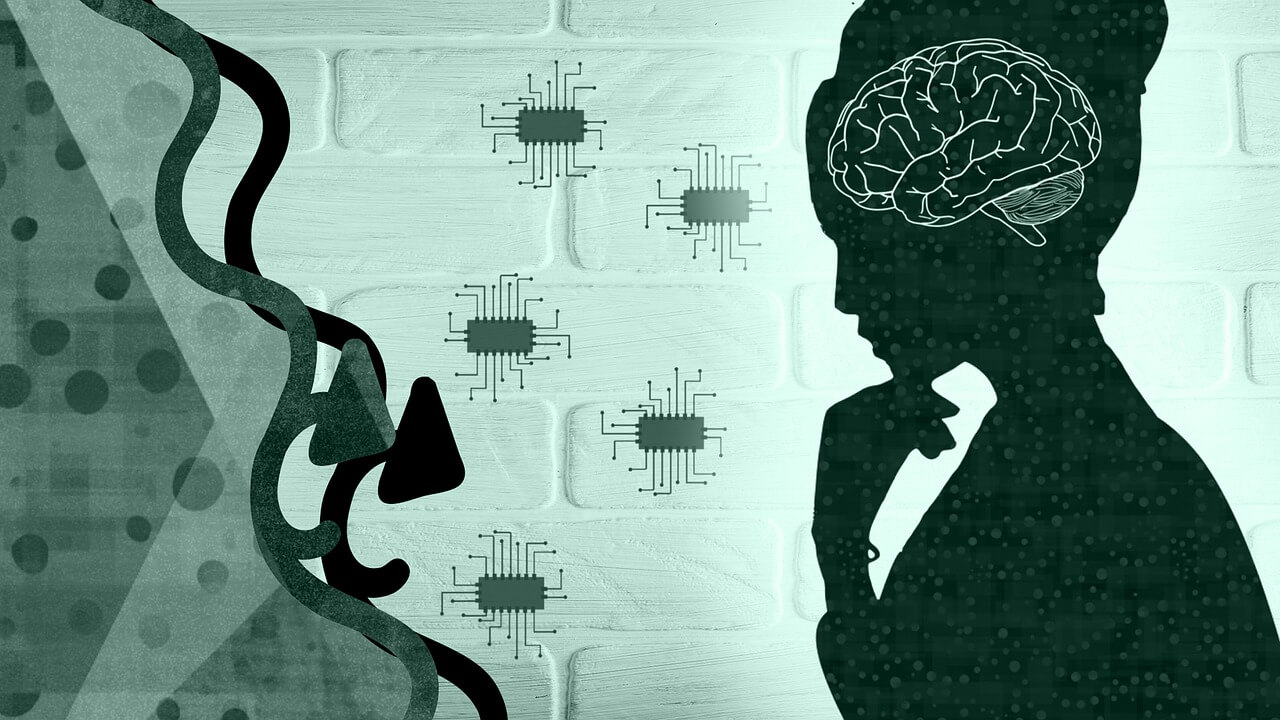Scope for Future Developments in Machine Learning
What is Machine Learning?
Artificial Intelligence has a subfield called Machine Learning. Machine Learning aids in the development of automated self-learning systems. The system improves their performance by learning from their mistakes without the need for human intervention.
This approach aids the machines in making data-driven decisions. Machines implement what they’ve learned from previous experience and accessible data to generate predictions. For instance, you must have used Google Maps for navigation. It shows the quickest route with the least traffic and congestion by using Machine Learning methods to complete this task.
Machine Learning Engineers design Machine Learning algorithms to explore and experience new data to make predictions. These algorithms enable the company to develop effective business plans based on the ML algorithms’ predictions.
When it comes to work prospects, the scope of Machine Learning in India and other areas of the world is vast in contrast to other career disciplines. According to Gartner, by 2023, cloud-based AI will increase 5X from 2019, making AI one of the top cloud services.

Machine Learning’s Future Potential
Machine Learning’s scope is not restricted to the financial sector. It spreads across various industries, including banking and finance, information technology, media and entertainment, gaming, automobiles, and much more. Because the breadth of Machine Learning is so broad, there are several areas where academics are trying to revolutionize the world in the future. Let’s take a closer look at them.
- Automobile Manufacturing
One of the areas where Machine Learning is succeeding is in the automotive industry, altering the concept of “safe” driving. A few big corporations, such as Tesla, Mercedes-Benz, Nissan, and others, have made significant investments in Machine Learning to develop unique products. The self-driving cars of the Tesla company are the best in the industry. Machine Learning, IoT sensors, high-definition cameras, voice recognition systems, and other technologies are used to create these self-driving cars. You just have to get in your car and go to the place. It will find the most direct route to that location and ensure that you arrive safely at your destination. What a privilege it would be to witness such a magnificent human creation! All of this is feasible because of Machine Learning.
- Robotics
Robotics is a discipline that has piqued the curiosity of both researchers and the general public. Researchers used Machine Learning and Artificial Intelligence to make the inventions possible. Robots that imitate the human brain are still being developed by researchers all around the world. In the future, we may encounter robots capable of doing duties similar to those performed by humans. Robotization will allow for multi-agent learning, robot vision, and self-supervised learning. Drones have already become commonplace, and they have started supplanting human couriers. With the speed at which technology advances, the sky is no longer the limit. Even the simplest jobs will be mechanized, and humans will no longer need to be self-sufficient because a bot will always be following them like a shadow.
- The Rise of Quantum Computing
In the discipline of Machine Learning, we are still in the early stages. In this subject, there are numerous advancements to be made. Quantum computing is one of them, and it will take Machine Learning to the next level. It’s a sort of computing that makes use of quantum mechanical phenomena like entanglement and superposition. We can design systems (quantum systems) that can exhibit many states simultaneously by utilizing the quantum phenomena of superposition. On the other hand, entanglement is a phenomenon in which you can reference two separate states to one other. It aids in describing the relationship between a quantum system’s attributes.
- Enhancements to cognitive services
Developers may incorporate and fine-tune intelligent features into their applications using Machine Learning services such as SDKs and APIs. This inclusion will enable machines to apply the many things they encounter and, as a result, perform a variety of tasks such as visual recognition, speech detection, and speech and dialect interpretation. How else do you think Alexa “wakes up” to perform a Google search on 9/11 conspiracies for you if she’s already talking to us and our phones are listening in on our conversations? Those enhanced cognitive abilities are something we could never have predicted a decade ago, but here we are.
Are there any job opportunities in this field?
Here are some work possibilities for you to consider:
Machine Learning Engineer:Highly skilled programmers who can create systems and machines that learn and apply information without being directed.
Deep Learning Engineer:They employ Deep Learning platforms to develop Artificial Intelligence projects, similar to computer scientists. The ability to mimic and emulate brain functions is their primary goal.
Data Scientist:Someone who analyzes and interprets data to find meaning. It necessitates the use of methodologies, statistics, and tools.
Computer Vision Engineer:A computer vision engineer is a software developer who develops vision algorithms for recognizing patterns in images.
How to Become a Machine Learning Engineer?
For you to be a successful Machine Learning Engineer who necessitates the acquisition of specific skills, you’ll need to master the following skills:
- Data structure knowledge:The data structure is the foundation of every software. As a result, having a thorough understanding of data structure ideas is highly recommended.
- Programming:For any Machine Learning enthusiast, programming is one of the most vital parts. R and Python are the generally used languages in Machine Learning. If interested, you can learn both. But, Machine Learning with Python, on the other hand, has a lot of potential.
- Software engineering:Machine Learning models are created to work in conjunction with software. As a result, an ML Engineer should be well-versed in software engineering.
- Mathematics:Without mathematics, we would be unable to perform computations. As a result, we must be able to apply mathematical principles to Machine Learning models. Calculus, linear algebra, statistics, and probability are examples of these topics.
- Data mining and visualization:As we build Machine Learning models on top of various data, it becomes essential to understand them. For this, a Machine Learning professional must have experience in both data visualization and mining.
- Machine Learning algorithms:Along with all these, the primary skill we should have is, experience in implementing various ML algorithms.
VariousAI and Machine Learning courses onlinecan provide you with the skills and training you need to excel in this domain. You can improvise yourself with these skills by joining online courses. They can help you upskill and give avenues for personalized development. In addition, you also get industry-relevant preparation and exposure. You can also benefit through peer learning from these courses.
Machine learning is already changing the world and will continue to do so in the future decade. As a result, we’ve looked at Machine Learning’s future. Therefore, we hope that the article has provided you with helpful insight into the scope for future developments in Machine Learning. Let us gladly prepare and anticipate what the future holds. If you are new in this field, then you take up free machine learning courses to build a strong foundation in the AIML domain.








